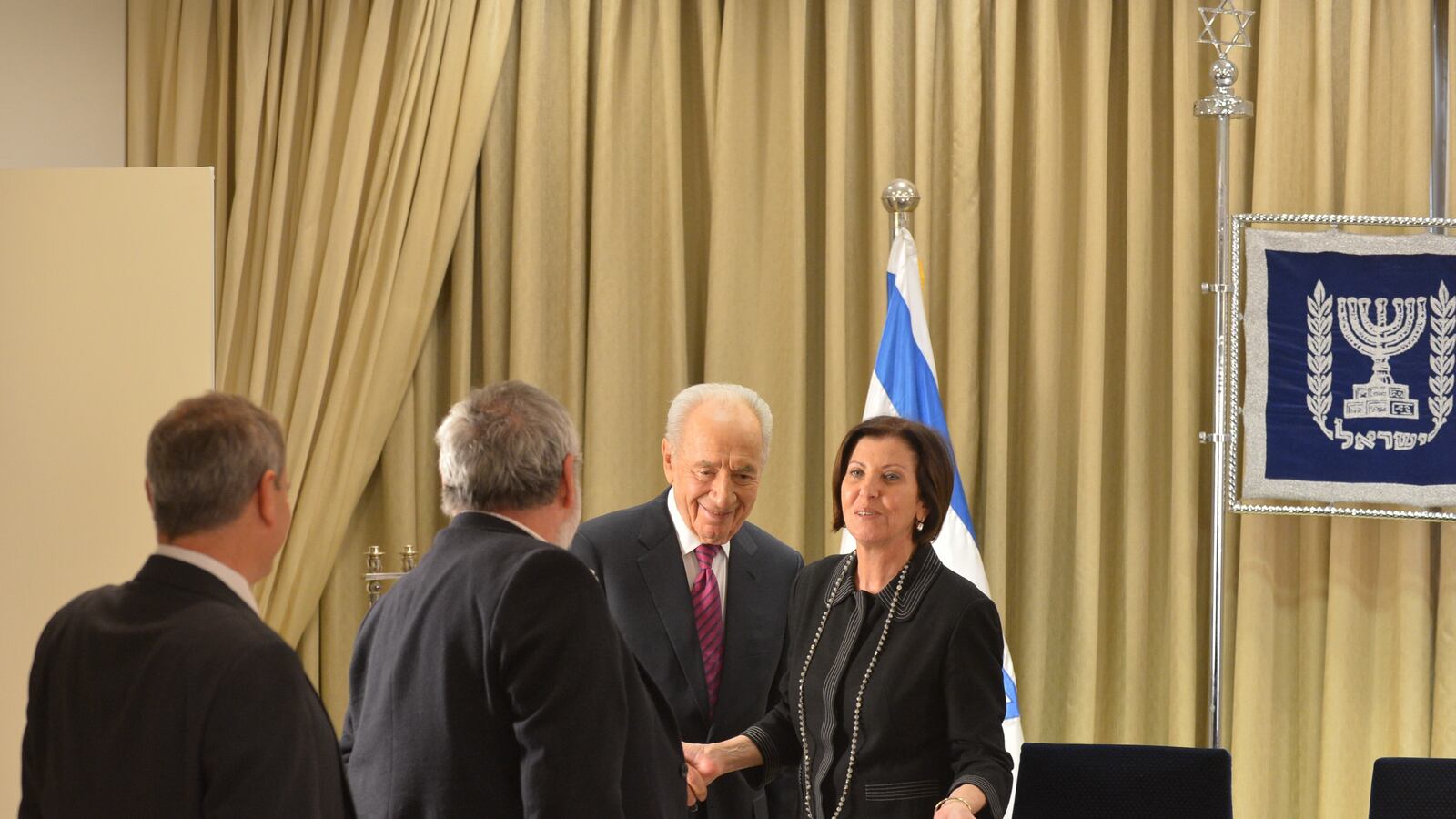Israel is in a state of emergency. To the uninitiated, this may sound alarming, but in fact this is not news. Since the founding of the state, Israel has been governed by the Emergency Defense Regulations, a set of laws carried over from the British Mandate. Many of the particular laws have been repealed over the years, but the structure of emergency laws has been renewed by the Knesset regularly since then, typically every six months to a year. This week saw the Knesset’s Foreign Affairs and Defense Committee renew them yet again, this time for three months. Among the committee members, Meretz MK Zehava Gal-On was the sole dissenter.
Much is made by bloggers, scholars and activists of whether Israel can comfortably exist as a democracy, given its identity as a Jewish state. But less attention is devoted to the fact that, through the continued renewal of the Emergency Laws, Israeli security practices exist in fundamental tension with the principle of upholding civil liberties, an essential condition of a free society.

On one hand, we could argue that this is an issue that must be left to the state’s own citizens. Israel possesses a vibrant, freely elected parliament emerging from a hyper-democratic proportional representation system.Some, like Gal-On, may protest the situation. “We’re being treated like a rubber stamp,” was her response to the government placing the renewed legislation before her committee. But if most others don’t mind living in a state where their freedoms may be curtailed by the self-declared exigencies of government security maintenance, who are we—as outside bloggers, scholars or activists—to criticize?
On the other hand, when it comes to ethnic democracies looking through a security-drenched lens, everyone knows who is the first to be targeted when states elevate security to a religion: the ethno-national minorities. In a “securitized” landscape such as Israel, Israel’s Jewish and Arab citizens do not necessarily reside on level ground. Minority rights arguably deserve extra scrutiny by outsiders when those rights are so easily neglected by systems of power.
The most obvious manifestation of the emergency regulations on Israel’s Arab minority was the imposition of martial law on that community from Israel’s founding until 1966. Israel’s occupation of the West Bank began soon after, and the Emergency Defense Regulations served as a convenient system for enforcing a system of control over the West Bank Palestinians now under Israeli military occupation.
Israel’s Arab citizens are not West Bank residents, of course. But there has clearly been a boomerang effect of suspicion on Israel’s Arab minority as the Israeli-Palestinian and broader Arab-Israeli conflict continues to fester. In a now-famous case, in 2001 The Emergency Regulations enabled MK Azmi Bishara to be charged with “supporting a terrorist organization” for speeches he made about Israel-Hezbollah relations, and to be charged for enabling “elderly Palestinian citizens of Israel to travel to Syria to visit refugee relatives,” as the NGO Adalah recounts it, charges that the group eventually successfully fought.
For every high-profile case of an MK’s parliamentary immunity being threatened there are countless cases of Palestinian land having been appropriated by the state following the 1948 war. And who really knows how many instances of ongoing formal discrimination and under-the-radar surveillance there are against the minority which many Israelis see as a fifth column.
It is difficult to know the extent of day-to-day security measures being enacted by a state that exists in a self-described state of emergency. The question is whether Israelis are truly more secure than they would be if the emergency was postponed a while, postponed to help protect all the country’s citizens, and postponed to help rethink the possibilities of peace.





